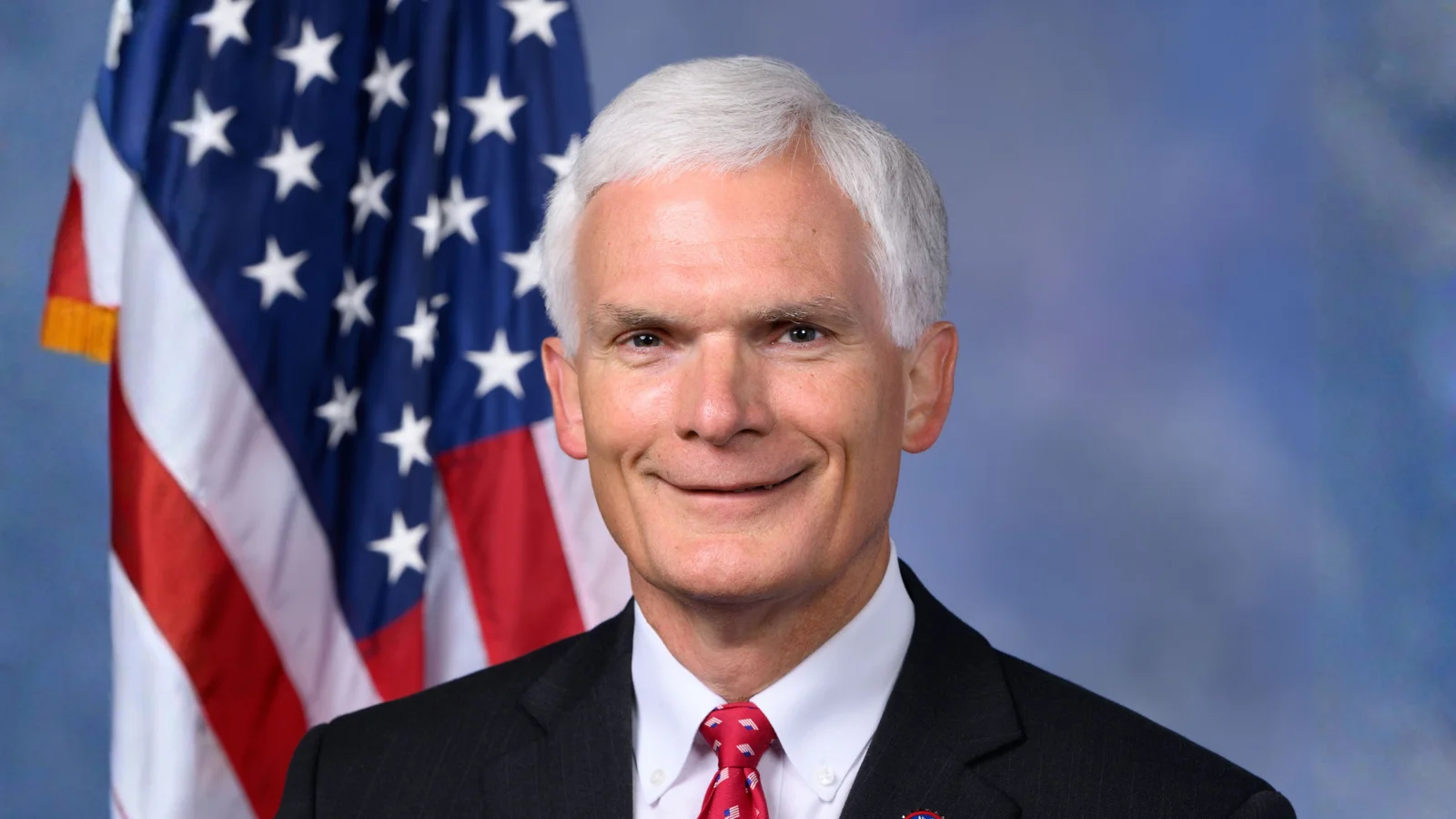Today, the House Energy and Commerce Subcommittee on Energy, chaired by Congressman Bob Latta (OH-05), held a markup session for eight bills focused on energy policy and home affordability.
Chairman Latta stated, “Burdensome regulations have driven up costs and put home ownership out of reach for millions of Americans. Today, the Subcommittee on Energy advanced legislation that will cut through the red tape and make housing more affordable. From protecting consumer choice to addressing the rising prices of critical home appliances, these bills offer common-sense solutions for working families.”
The subcommittee reported several bills to the full committee. The Federal Mechanical Insulation Act (H.R. 3474), Energy Choice Act (H.R. 3699), Affordable HOMES Act (H.R. 5184), and Weatherization Enhancement and Readiness Act of 2025 (H.R. 1355) were advanced by voice vote. Other measures moved forward following roll call votes: Reliable Federal Infrastructure Act (H.R. 4690) passed with 16 yeas to 14 nays; SHOWER Act (H.R. 4593) with 17 yeas to 14 nays; Homeowner Energy Freedom Act (H.R. 4758) with 16 yeas to 14 nays; and Don’t Mess With My Home Appliances Act (H.R. 4626) with 17 yeas to 14 nays.
During the markup, Congressman Nick Langworthy (NY-23) discussed H.R. 4690: “This legislation addresses a critical flaw in federal energy policy, one that has real world consequences for reliability, national security, and cost-effective infrastructure planning. As it stands today, the federal building standards and certification systems actively discourage or penalize the use of natural gas and other fossil fuels, even when those systems are proven to be cleaner, more resilient, and more affordable in certain applications. Section 433 of the Energy Independence and Security Act effectively phases out fossil fuels in their use in federal buildings, forcing a one-size-fits-all electrification mandate regardless of regional climate, mission critical facility needs, or impacts on the grid. These policies don’t just drive up construction and operational costs, they undermine energy security for facilities that must never go dark. Think about federal installations like VA hospitals, military bases, research labs, DHS facilities, and emergency response centers. These buildings require assured energy reliability not just during normal operations, but during extreme weather, cyber threats, or grid failures. Localized backup generation and hybrid energy systems are essential to resilience. And yet, under current policy, these assets are treated as liabilities simply because they rely on natural gas or other fuels.”
Congressman Craig Goldman (TX-12) spoke about H.R. 4758: “The Biden-Harris Administration spent billions in taxpayer dollars to mandate, I repeat, to mandate green energy appliances in new homes. Some home builders estimate that these policies have increased the cost of new homes by $31,000. These policies put home ownership and the American dream out of reach for many families. My bill, the Homeowner Energy Freedom Act, would help address home affordability by repealing several costly and burdensome programs in the so-called Inflation Reduction Act.”
On H.R. 4626 regarding appliance standards set by the Department of Energy (DOE), Congressman Rick Allen (GA-12) said: “Over the last several years, under the Biden administration, DOE has gone beyond its scope of statutory authority — setting arbitrary and capricious standards as found by the U.S. Court of Appeals for the Fifth Circuit, and finalizing rules that do not meet the specific statutory criteria. In fact, egregious appliance standards have caused homeowners to spend 34 percent more on appliances than they did 15 years ago, while having to replace them at a faster rate. When I’m home in the district people want to know why replacing their air conditioning system cost $10,000 more today than it did four years ago.
Furthermore, the previous administration proposed standards that discouraged the use of natural gas in favor of electrification of appliances. Regardless of the cost to the consumer, the American people want choice, and these decisions need to be market-driven and not government-driven.
My legislation, the Don’t Mess With My Home Appliances Act, will make much-needed statutory reforms to energy-efficiency standards for appliances by eliminating DOE’s requirements to review and update energy conservation standards every six years.”
The full list of bills now moves forward for consideration by the full committee.









